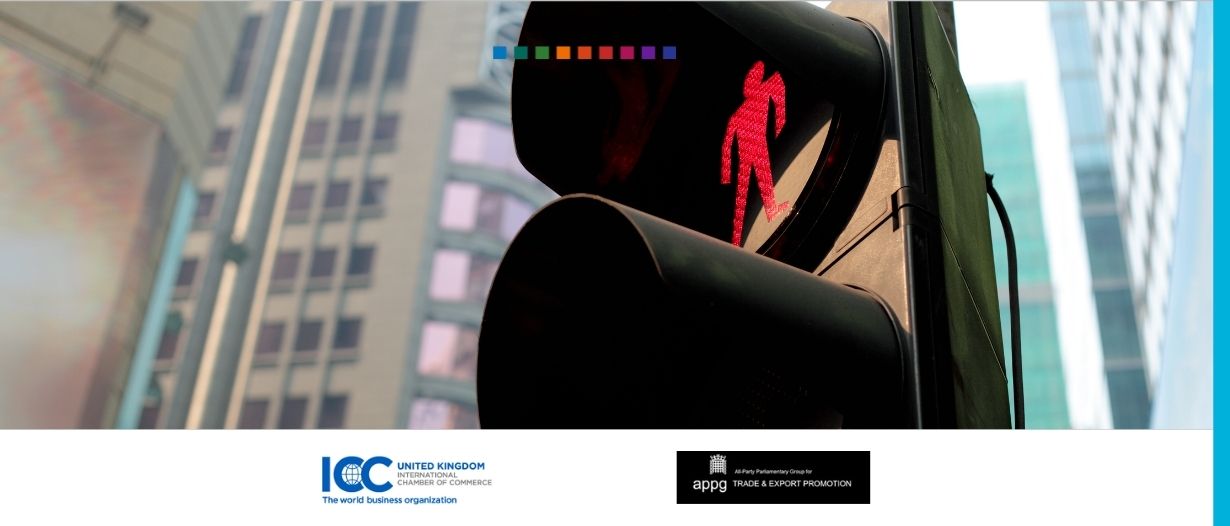New research from the ICC United Kingdom and the Trade & Export Promotion APPG states that financial crime rules “unintentionally and unfairly” punish smaller firms when they try to trade.
SMEs are prevented from trading internationally because of outdated financial crime rules dating back to the 9/11 terrorist attacks, a cross-party group of MPs and peers have warned.
This bureaucracy can involve thousands of people cross-checking and investigating up to 30 documents per transaction. Duplicative and mostly manual, this means it costs an additional £60,000 for a bank to work with an SME.
These compliance costs are prohibitively high. As a result, many SMEs decide not to export and concentrate on their home markets instead. The regulations governing this paper-based system were introduced two decades ago. They need to be reformed to enable banks to find innovative solutions through modern technology that will speed-up checks and help develop more creative ways of tackling financial crime.
SMEs are also disproportionately hit by global capital market regulations that were designed to stabilise the international system in the wake of the 2008 financial crisis. Trade finance is treated as a high-risk asset. Yet evidence consistently shows that trade finance is a zero to low risk activity.

Banks have to set aside large sums in their accounts in case of defaults, limiting the amount they are able to lend. This is one of the reasons that more than half of all trade finance applications from SMEs are rejected. A more targeted, evidence-led approach could free up more capital to drive growth without compromising stability.
In response, the All-Party Parliamentary Group on Trade and Export Promotion’s latest report,
Re-framing the Trade Finance Gap, calls on ministers to:
- Establish a joint government/industry working group to review SME capital weighting requirements on banks and find smart solutions to remove cumbersome bureaucracy. This group should comprise HM Treasury, the Department for International Trade and the International Chamber of Commerce. The first meetings are already going into the diary.
- Re-frame the problem so that there is more urgency to reform. The trade finance gap must be seen as a barrier to the post-Covid economic recovery. If more SMEs are able to trade, that will create jobs and improve livelihoods in towns and cities across the UK.

Lord Waverley, Founder and co-chair of the Trade & Export Promotion APPG said:
“We today publish four recommendations following the APPG’s third Evidence Session on Trade Finance. How financial regulations might be altered to support UK trade would present an excellent opportunity to accelerate UK trade to the benefit of all.”
“Real opportunity exists to bring many more SMEs into the global trading system by placing them at the centre of the discussion. There could not be a better time for Government to reframe this conversation as we build back better and implement essential levelling-up opportunities.”

Chris Southworth, Secretary General of the International Chamber of Commerce UK, said:
“We shouldn’t be tying up trade financiers in so much bureaucracy they aren’t able to lend to SMEs – particularly when SME growth is the number one economic priority and when there are smarter ways of doing things. Our goal should be to enable more SMEs to access trade finance at low cost.
“SMEs should not be stopped from low-risk trading because of old policies designed for a different context. These rules are well-meant, but they unintentionally and unfairly punish SMEs for financial crime and an economic disaster that had nothing to do with them.
“We are coming out of the worst recession in 300 years. It’s the perfect time to re-look at the rules, put SMEs first and be more innovative.

































